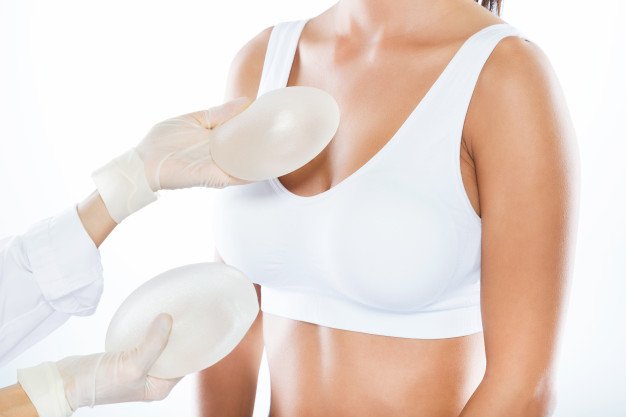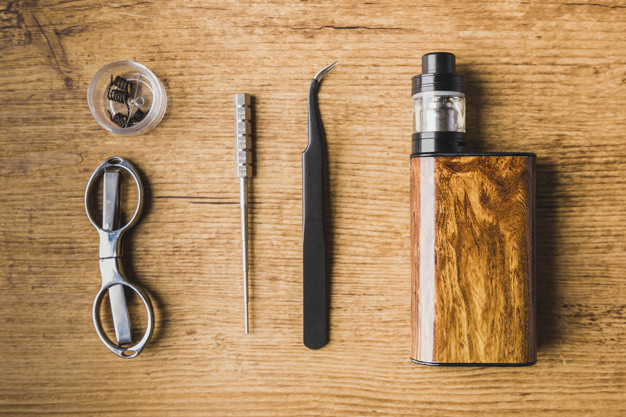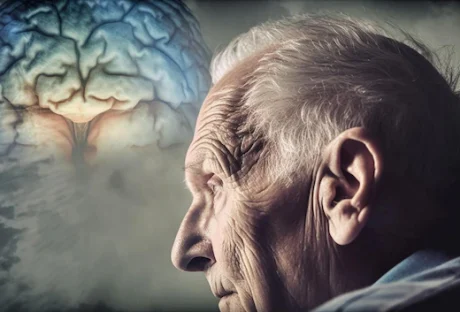If you are not satisfied with the size, shape, or contour of your breasts, you may want to consider breast implant surgery. Breast augmentation, also referred to as augmentation mammoplasty or breast implant surgery, is a procedure that involves using implants to help women who want fuller, larger breasts.
Whether you are unhappy with the droopiness or size of your breasts after weight loss or pregnancy, breast augmentation may help. Breast implants may also correct disproportion or asymmetry in breast size instigated by growth problems.
Need for breast augmentation
The following conditions may indicate that you are a potential candidate for augmentation mammoplasty:
- Your breasts are too small
- There is asymmetry among your breasts
- You aren’t comfortable wearing a swimsuit or bodycon dress
- Clothes are often too large at the bustline
- The shape and size of your breasts have changed after losing weight
- Your breasts have lost their firmness after pregnancy
Breast Augmentation in Asheville, NC
If you’re considering breast augmentation, the most significant decision you’ll make is who will be performing the surgery. Breast implant surgery is the most commonly performed cosmetic surgery in the United States and a board-certified surgeon Dr. Marshall at Reveal Aesthetic Surgery, Ashville has perfected techniques for the best results. Breast enhancement is performed with either silicone or saline implants. Dr. Marshall evaluates personal preferences and individual factors to determine your right breast size, incision location and the placement of implants.
In your one-hour consultation, Dr. Marshall will explain the pros and cons of the surgery, different types and shapes of implants. There are pluses and minuses to each, and he will take to the time to go over each required detail.
How is breast augmentation performed?
Usually performed with conscious sedation or general anesthesia, the following types of incisions can be employed in low-key areas of the breast to minimize visible scarring:
- Inframammary incision
- Periareolar incision
- Transaxillary incision
- Submammary incision
Some breast enhancements can be performed in a slightly invasive manner, utilizing endoscopes and with small incisions made in the armpit. The procedure typically takes about two hours or less. For detailed information on breast augmentation in Asheville, NC, you may consult Dr. Marshall.
Benefits and risks
Breast augmentation surgery has both physical and psychological benefits, ranging from improved self-esteem and self-confidence to the adoption of healthy habits. Many women have reported that they felt healthier and confident after the surgery. If one is unsatisfied with the way the implants look, they can be changed or replaced after a certain period of time.
The potential risks of breast implants include infection, bleeding, scarring, breast pain, changes in sensation of the nipple and breast, rupture of implants, contraction, etc.
To achieve the desired shape and size, you might have to undergo a set of procedures. When performed by a qualified cosmetic surgeon, augmentation mammoplasty is a safe surgery with long-lasting results. The best way to decide whether or not breast augmentation is right for you is to meet with a board-certified cosmetic surgeon Dr. Marshall at Reveal Aesthetic Surgery, Ashville.
Read Also:






















